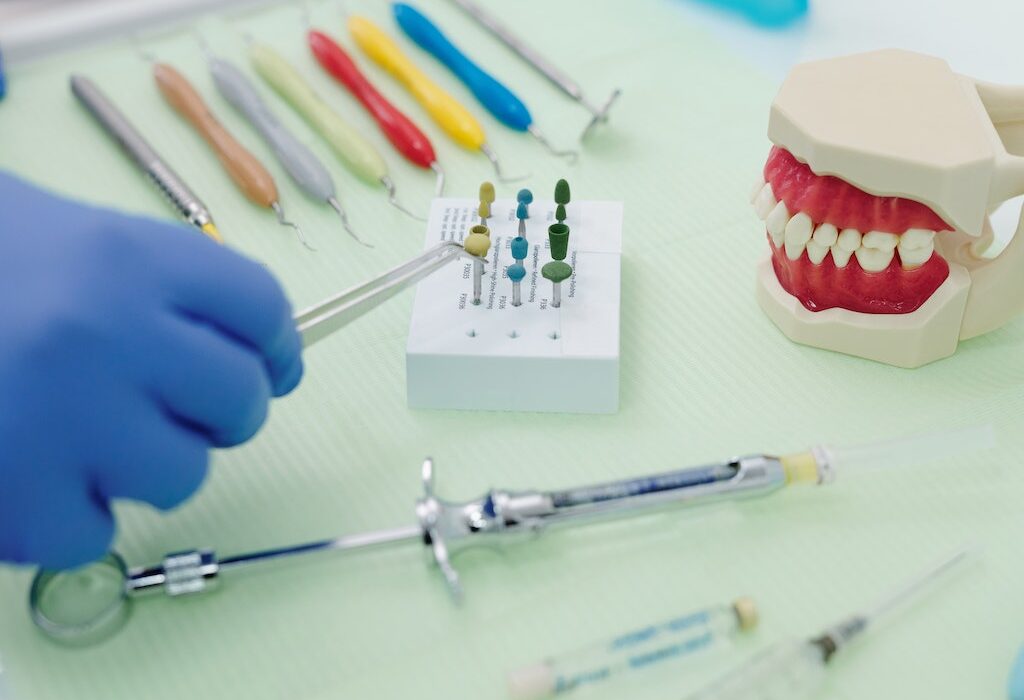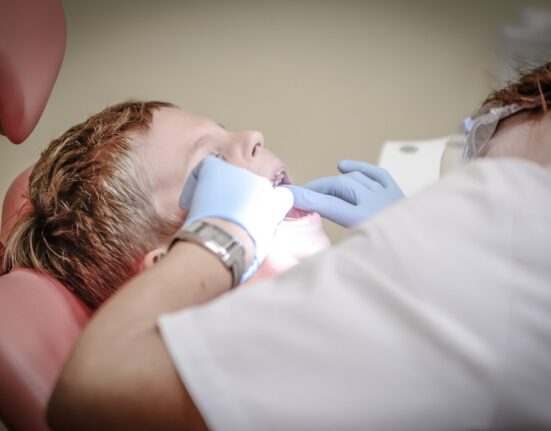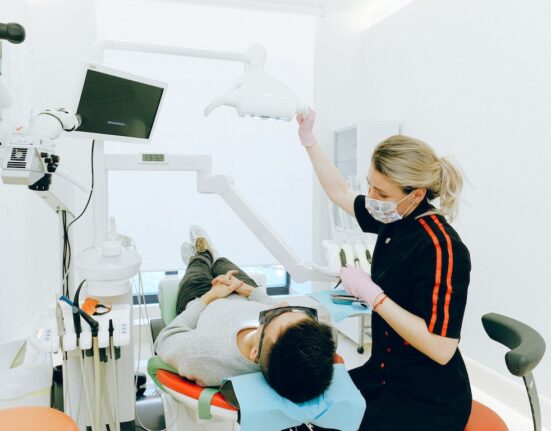Whether or not one has dental insurance, understanding the basics is always a good idea. The more one understands their coverage, the more equipped they’ll be to handle any potential dental emergency. Let’s look at what one needs to know about dental insurance and some potential ways to save money.
How Does Dental Insurance Work?
Dental insurance works similarly to health insurance. An individual pays a monthly premium. In exchange, their insurance company covers their dental care costs. However, dental insurance usually operates on a fee-for-service basis, unlike health insurance. This means that the insurance company pays a fixed percentage of the cost of each dental procedure covered by the plan. The individual is responsible for paying the rest.
What Does Dental Insurance Cover?
Dental insurance plans vary in coverage, and what they cover will depend on one’s specific plan. However, here are some common types of procedures that dental insurance may cover:
- Preventive care: Most dental insurance plans cover preventive care, such as regular checkups, cleanings, and X-rays. Some plans may also cover fluoride treatments and sealants.
- Basic procedures: Basic procedures, such as fillings, extractions, and root canals, are usually covered by dental insurance.
- Major procedures: More complex procedures, such as bridges, crowns, and dentures, may also be covered by dental insurance. However, there may be limitations or waiting periods for these procedures.
- Orthodontics: Some dental insurance plans may cover orthodontic treatments, such as braces or Invisalign. However, these procedures are often subject to additional limitations and waiting periods.
What Isn’t Covered by Dental Insurance?
While dental insurance can help cover the costs of many dental procedures, some types are typically not covered. Here are some examples:
- Cosmetic procedures: Most dental insurance plans do not cover cosmetic procedures, such as teeth whitening, veneers, or cosmetic bonding.
- Pre-existing conditions: Some dental insurance plans may exclude coverage for pre-existing conditions, meaning that they will not cover procedures related to conditions one had before enrolling in the plan.
- Experimental procedures: Procedures considered experimental or not yet proven effective may not be covered by dental insurance.
- Certain restorations: Some dental insurance plans may not cover certain restorations, such as all-porcelain crowns or implants, or may only cover them in certain circumstances.
- Procedures deemed unnecessary: Dental insurance plans may not cover procedures that are deemed unnecessary or not medically necessary.
It’s important to carefully review one’s dental insurance plan to understand what is and isn’t covered. Also, check for any applicable limitations or exclusions.






